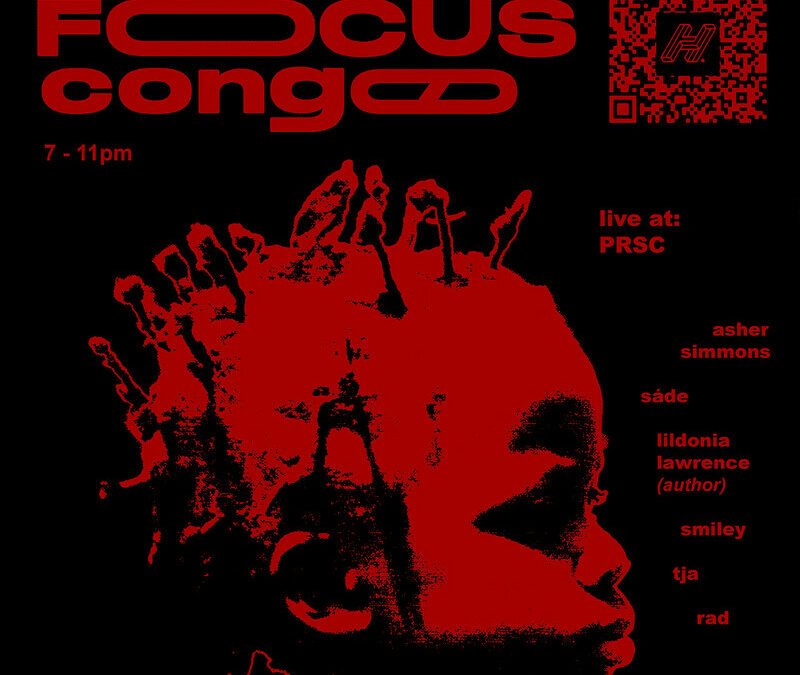
FOCUS CONGO
We gather once again in solidarity with the Congolese people, raising funds for Focus Congo, an organisation working directly with families impacted by the ongoing humanitarian crisis in the Democratic Republic of Congo.

We gather once again in solidarity with the Congolese people, raising funds for Focus Congo, an organisation working directly with families impacted by the ongoing humanitarian crisis in the Democratic Republic of Congo.
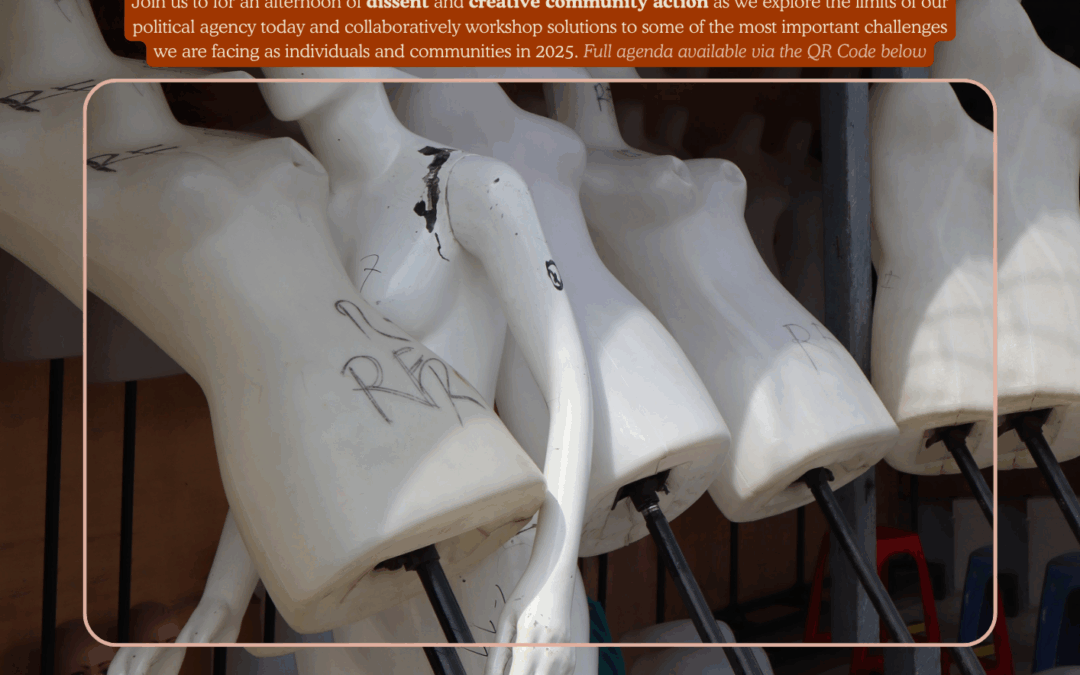
Individual political agency today – myth or political reality? A collaborative exploration of the limits of meaningful political agency with Jess Mezo (PhD Researcher, University of Bath).

Screening of ‘Framing Agnes’, followed by a casual discussion, as part of PRSC’s monthly School of Activism film screening series.

Photography exhibtiion, talks, & Burmese food for sale, fundraising for Mae Tao Clinic, a lifeline for Karen and Burmese communities along the Thai-Myanmar border.

A two-day screening (April 5–6) of poetic, powerful films from China’s new directors – each imagining a different possible world.

A two-day screening (April 5–6) of poetic, powerful films from China’s new directors – each imagining a different possible world.
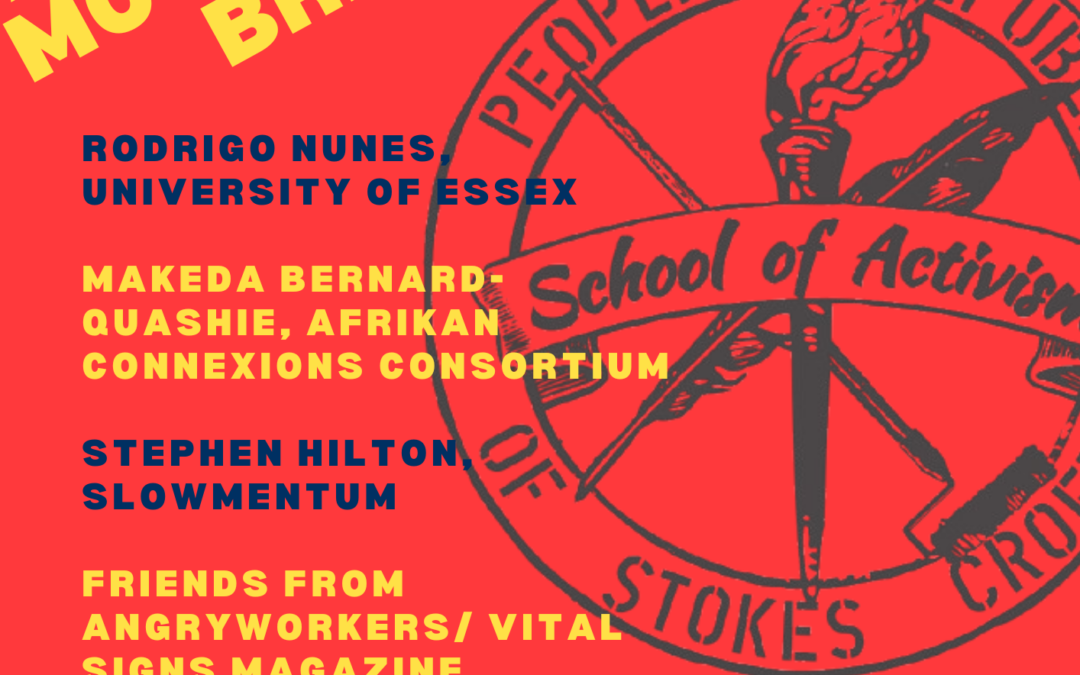
An evening of discussion with academics, activists and local groups, about radical organization and strategy for a postcapitalist city.

Join interdisciplinary artist, educator and founder of the interdisciplinary education start-up MoSAIC, Gaz Lawrence for a thought-provoking workshop and discussion on the topic of Artificial Intelligence (AI) and its impact on human creativity.
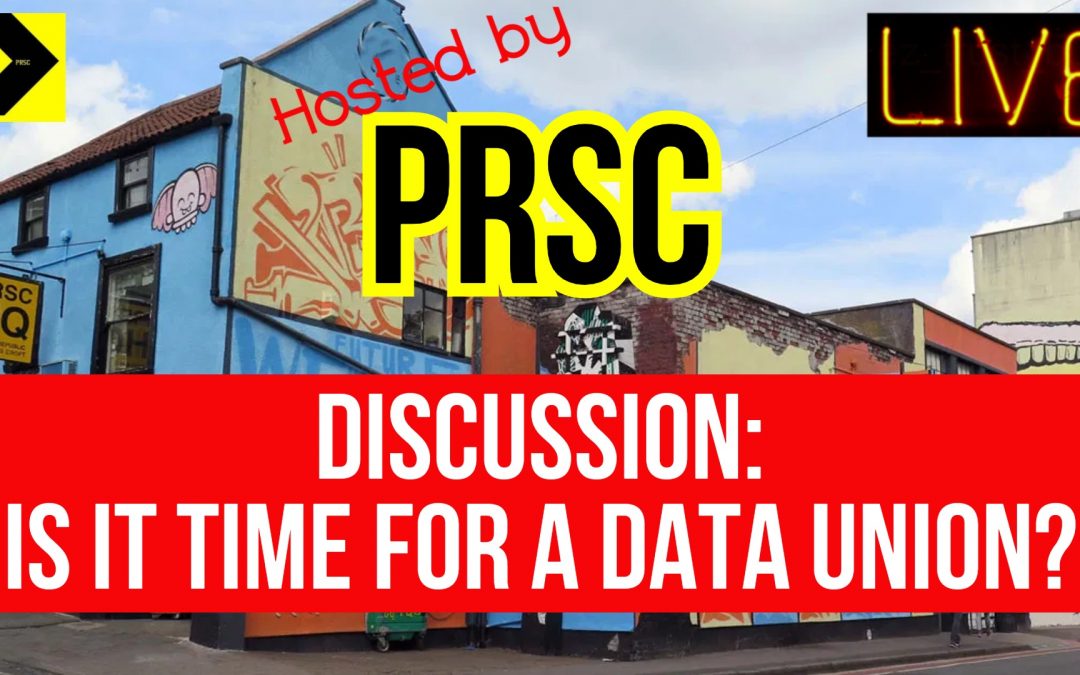
A thoughtful, interactive discussion about what internet rights, digital direct action and data unions might look like. Part of the School of Activism 2.0 curriculum.
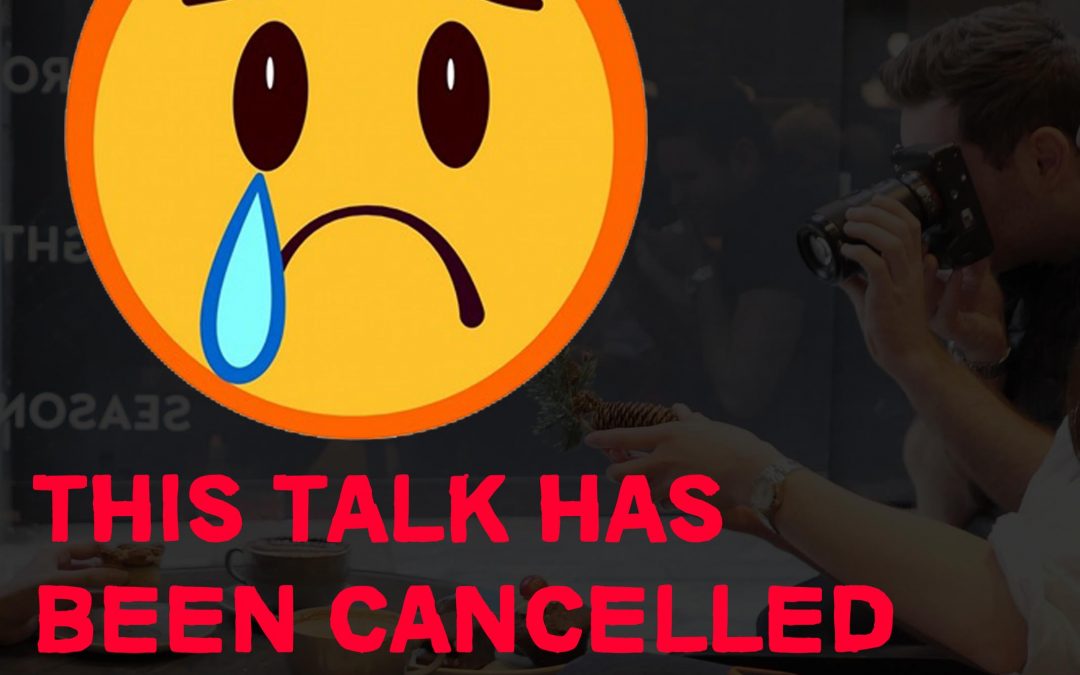
A round table discussion on how influencers influence our culture – looking at the pros & cons of a world in which social and cultural influence is formalised and commercialised. Part of the School of Activism 2.0 curriculum.